2002 Cabinet Papers: Release of Bali bombmaker Umar Patek ‘regrettable’, John Howard says
Former PM sympathises with victims and relatives over early release from jail of Bali bombmaker Umar Patek.
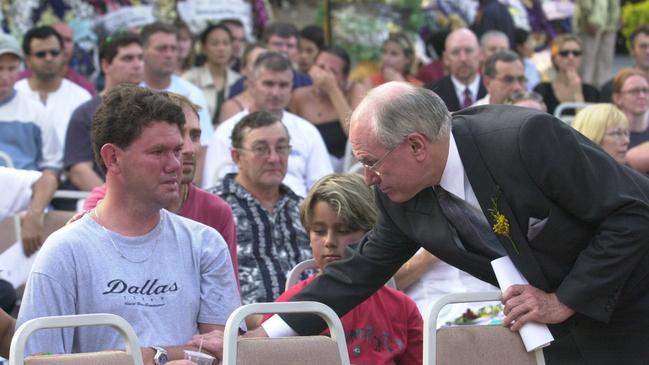
John Howard has expressed his disappointment that Bali bombmaker Umar Patek was released from jail last month after serving about half of his 20 year sentence for his role in the terrorist attacks that killed 202 people in October 2002.
“I regret that that has happened,” Mr Howard told The Australian. “We respect the Indonesian justice system. It doesn‘t mean that we agree with all its decisions but, of course, it’s regrettable. And I can understand and sympathise with the feelings of relatives of people who he killed.”
Cabinet documents detailing the response of ministers to the deadly terrorist attack in the Kuta tourist district on October 12, 2002, that claimed the lives of 88 Australians have been released by the National Archives of Australia.
CABINET PAPERS 2002
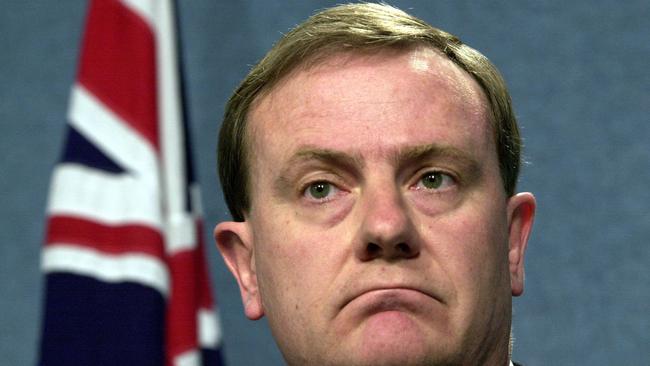
‘Advantage lost’: Costello slams inaction on debt
Twenty years after warning cabinet of significant future budget pressures, former Treasurer Peter Costello says the fiscal and debt position of the nation is far worse than it needed to be.
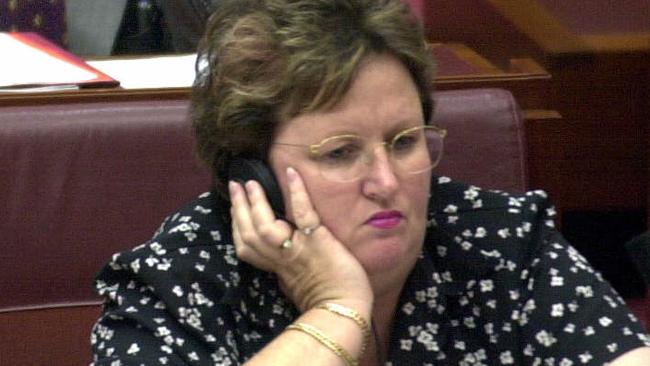
‘I don’t have time for egomaniacs who take notes’
Amanda Vanstone lifts the lid on her time in cabinet, including her dealings with John Howard and disdain for ministers more concerned with publishing memoirs than serving the community.
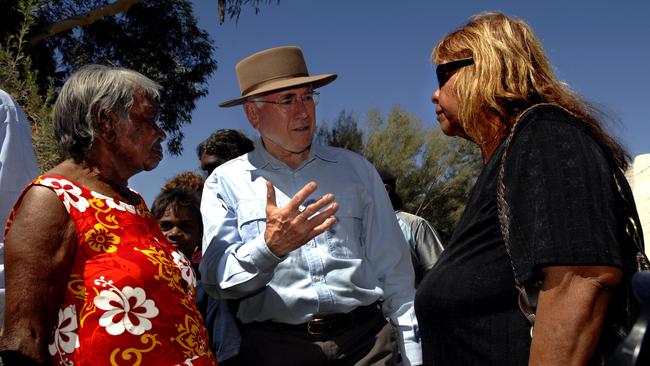
Why Howard government refused to say sorry
Fears that present day Australians would be held responsible for atrocities of the past were behind the Howard government’s refusal to apologise to Indigenous Australians in 2002.
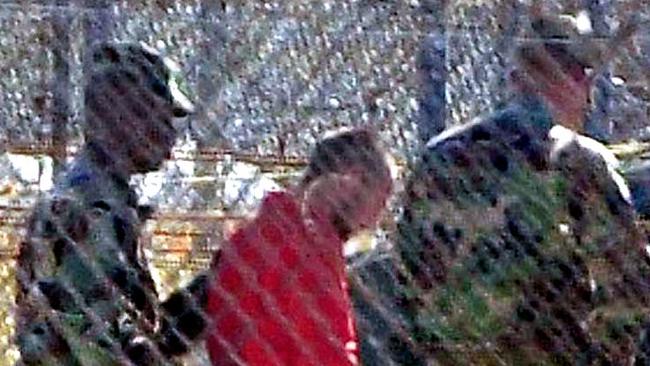
Hicks’ Guantanamo detention ‘lawful’, government ruled
Australian and US governments agreed on the need for a ‘consistent public position’ on Guantanamo detainee David Hicks, cabinet minutes from February 2002 reveal.
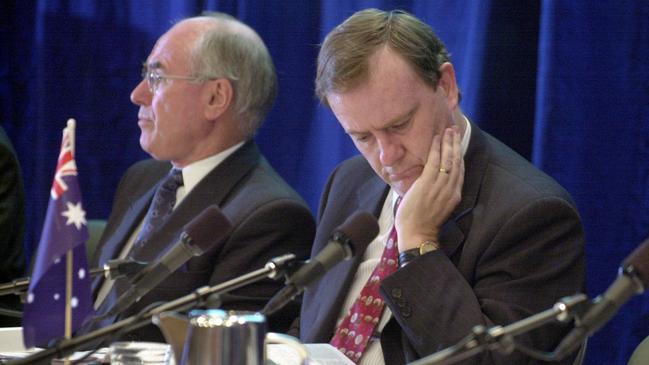
‘Why we never ratified Kyoto was beyond me’: Costello
Peter Costello laments rejection of 1997 Kyoto Protocol as cabinet documents from 2002 reveal Treasury argued for incentives to invest in cleaner energy.
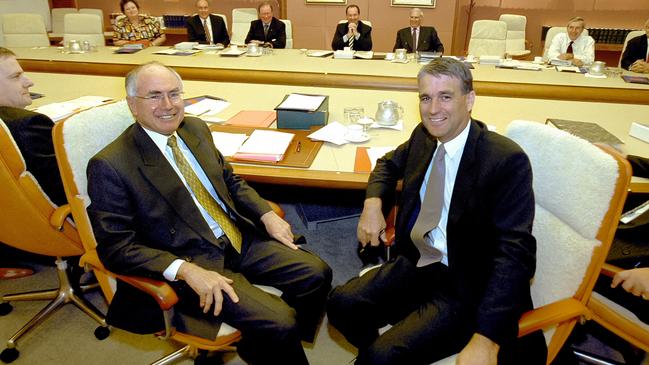
Howard warns on ‘reform fatigue’
John Howard and Peter Costello urge major parties to prioritise deficit and debt reduction to protect the nation from the next major economic shock.
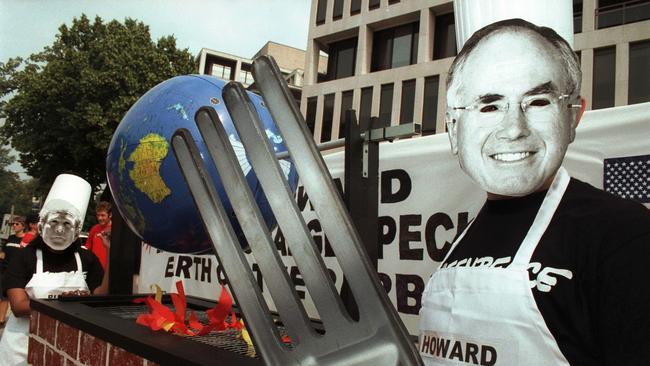
How Kyoto rejection kickstarted the climate wars
Concerns the Kyoto protocol would ‘risk Australia’s competitive advantage in emissions-intensive activities’ were one reason behind Howard government’s refusal to ratify the agreement.
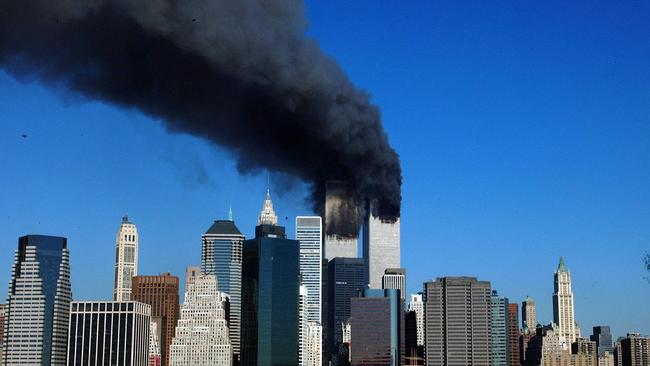
Frustration over new security laws post-9/11
The Department of Prime Minister and Cabinet feared its inability to get state agreement on contentious new security measures in the wake of September 11.
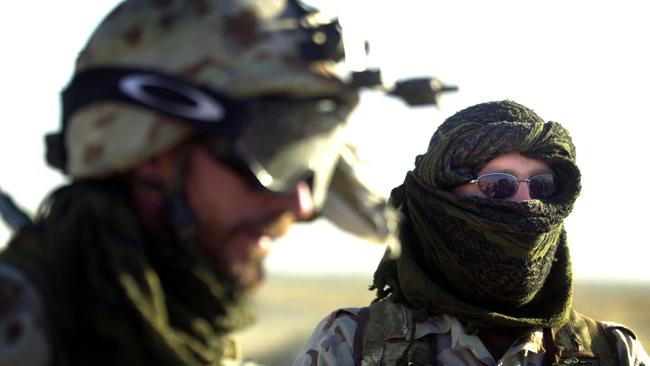
How 9/11, Bali bombings changed our military
With the threat of terrorism looming large, the Howard government created a national special forces command to ensure ‘surgical’ military responses.
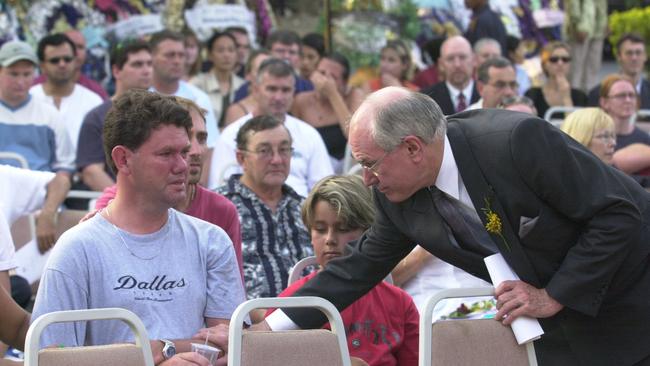
Release of Bali bombmaker ‘regrettable’
Former PM sympathises with victims and relatives over early release from jail of Bali bombmaker Umar Patek.
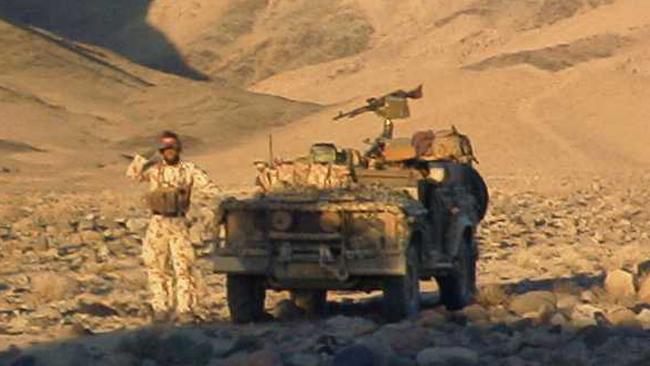
Australia wary of Afghanistan troop commitment
Declassified national security committee documents reveal that in June of 2002, Defence argued it was ‘not in a position to contribute’ to UN force in Afghanistan.
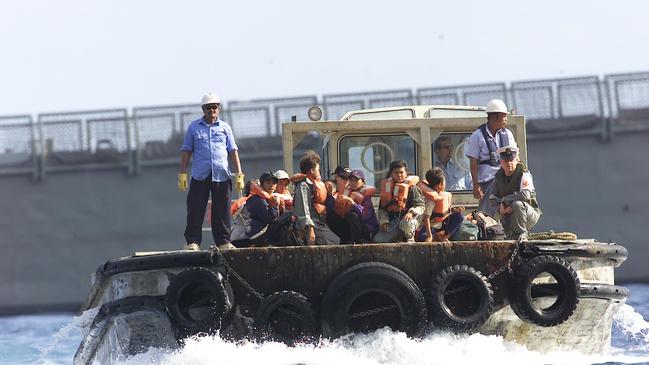
Christmas Island detention centre’s fast-tracking revealed
The Howard government fast-tracked plans to build the first ‘purpose-designed and built’ offshore detention centre controlled by Australia in 2002.
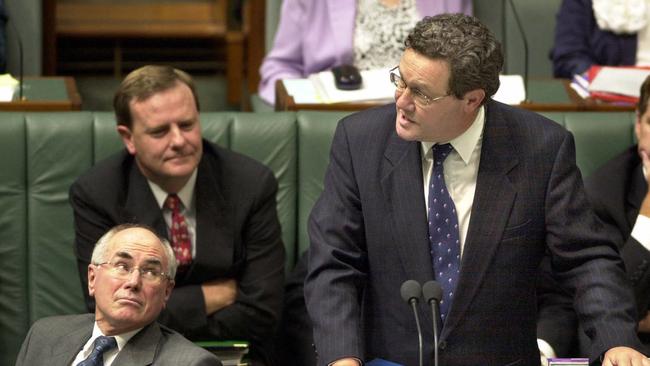
Timor Sea Treaty negotiations to be kept under wraps
Disclosure of details on joint resource-sharing agreement between East Timor and Australia would “damage security”, National Archives rules.
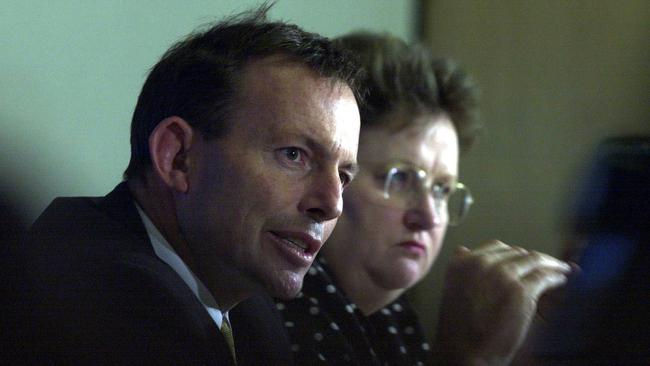
Push to restrain growth of disability pension
Concerns over ‘inappropriate access’ to the Disability Support Pension prompted Howard government to introduce measures to reduce number of recipients, cabinet papers from 2002 reveal.
The terrorist attack so close to Australia prompted Mr Howard to tell the National Security Committee on October 14 “that the government should conduct a review of Australia’s security arrangements” before the attacks to determine if “improvements” could be made.
The Kuta bombings also prompted ministers to set up a task force to advise “on the adequacy of Australia’s existing counter-terrorism legislation” and whether further “resources” were required to meet the regional terror threat, including that posed by Jemaah Islamiah which had links with other terror groups.
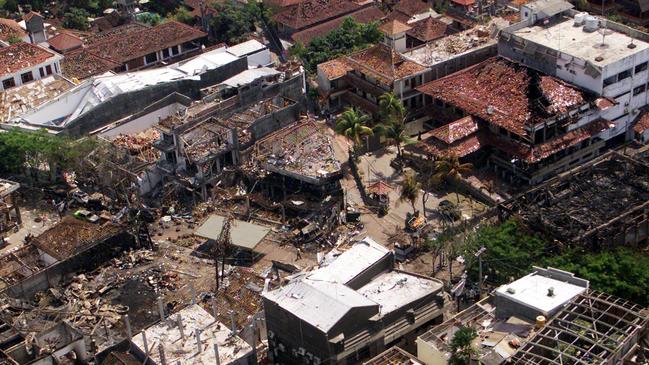
At the same meeting, ministers were briefed about the attacks, in particular the bombing of the Sari Nightclub, the process of identifying those killed and missing, and repatriating to Australia all citizens who required hospital treatment and those who had died.
“(G)iven the scale of the attacks and the large number of resulting deaths and injuries to Australian citizens, Australia’s normal consular rules regarding the relatives of those killed and missing should not be strictly applied and officials should take immediate steps to develop appropriate protocols … to facilitate and manage visits to Bali by relatives,” the Committee resolved.
It was also agreed that a delegation comprising Mr Howard, Deputy Prime Minister John Anderson and Opposition Leader Simon Crean would attend a memorial service for relatives and friends of Australians killed at the Australian Consulate in Bali on October 17.
The National Security Committee minute from October 14 contains a number of redactions by the National Archives regarding investigations by Indonesian and Australian authorities on the grounds that disclosure after 20 years could “damage” Australia’s “security, defence or international relations”.
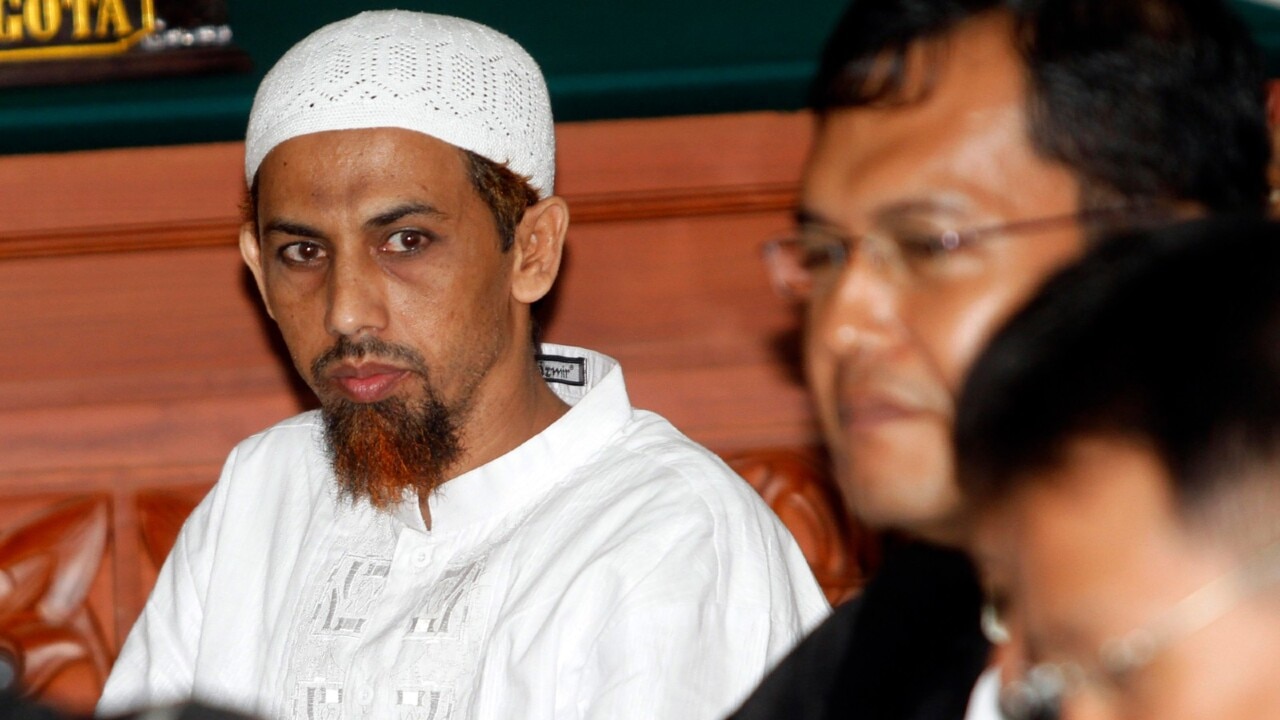
Mr Howard told The Australian that the Bali bombing was the dominant event of 2002 and his cabinet had to carefully consider and respond to the immediate response in Indonesia and also the new threshold of international terrorism.
“I was horrified,” the former Prime Minister recalled. “I knew that it would have a tremendous impact on the country because there were so many people killed. It was close. It ended any lingering feeling that we were remote from potential terrorism.”
Former Treasurer Peter Costello, who sat on the National Security Committee, told The Australian that ministers were shocked by the Bali bombing and national security concerns became the dominant focus for cabinet in future years.
“The Bali bombing really shook the country because most Australians thought Bali was just an extension of Australia, a holiday island for Australians, and it was almost like a bombing on home soil,” Mr Costello said. “It wasn’t just the US that was the target of terrorism; we were the target of terrorism in our own right.”
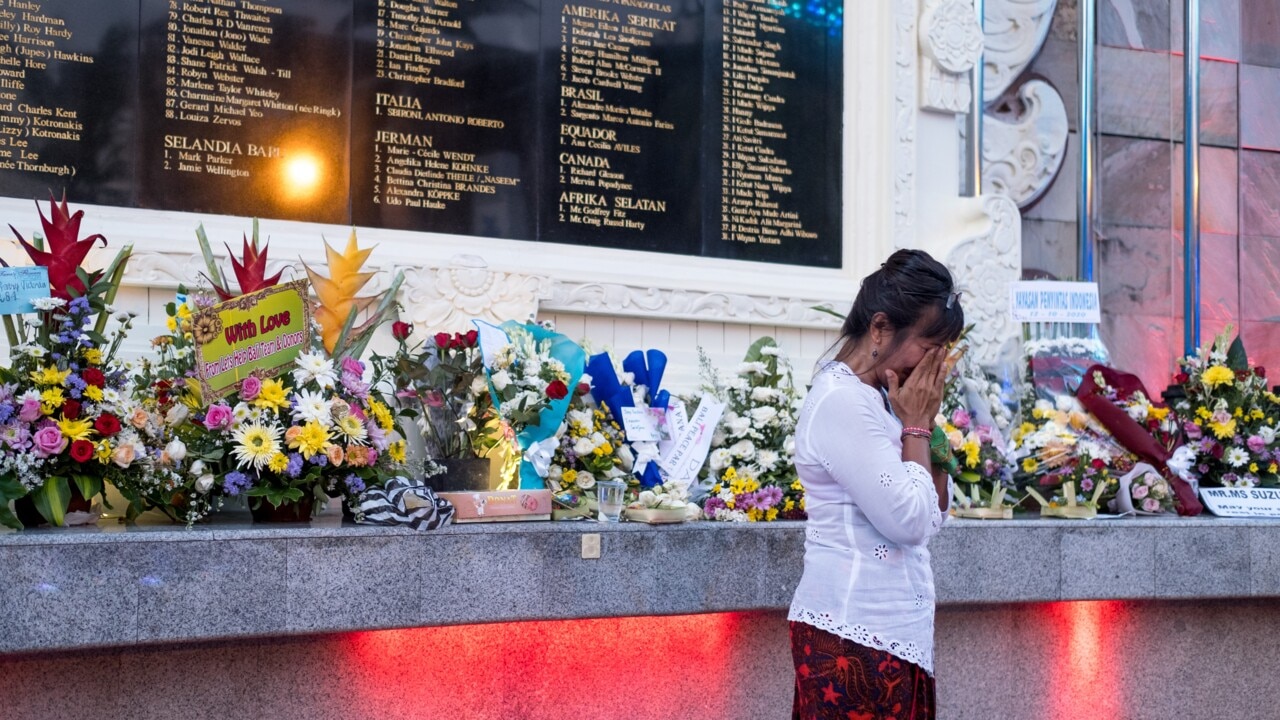
“From then on, there was an enormous build up in intelligence gathering, in resources that were being put into pre-empting attacks in Australia, and of course this is almost impossible to pre-empt because you are looking for a needle in a haystack. You are monitoring unbelievable volumes of intercepts looking for the one person that might actually carry through the attack.”
Former Family and Community Services Minister Amanda Vanstone, speaking at the embargoed briefing on the cabinet papers last month, recalled Australians being “concerned” and “apprehensive” following the September 11 attacks in the US and the Bali bombing being like a “smack in the face with a hot iron”.
“When 9/11 happened, everyone thought it was as serious as you can get,” Ms Vanstone said. “And then when this happened, it’s more serious and there has to be a greater focus on watching who’s coming and for law enforcement agencies (and) security agencies to get everything we could give them because that’s your first job: is to protect the Australian people.”




To join the conversation, please log in. Don't have an account? Register
Join the conversation, you are commenting as Logout